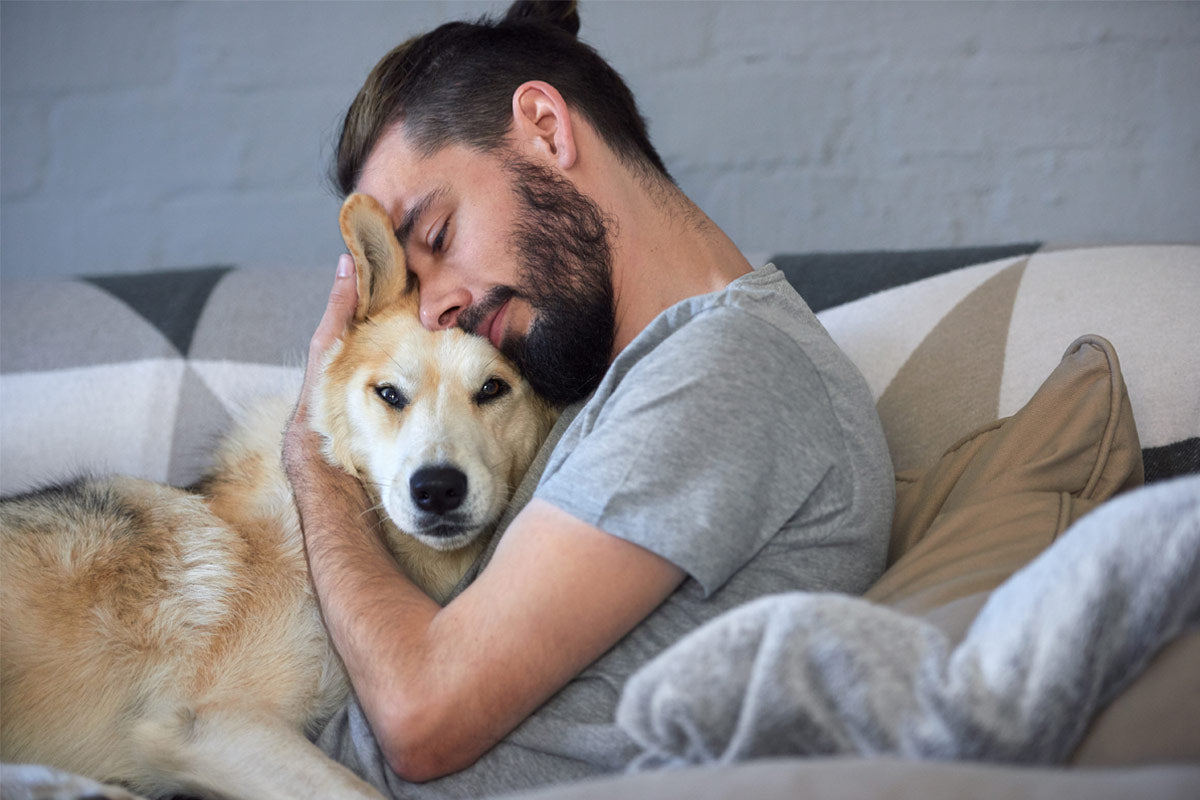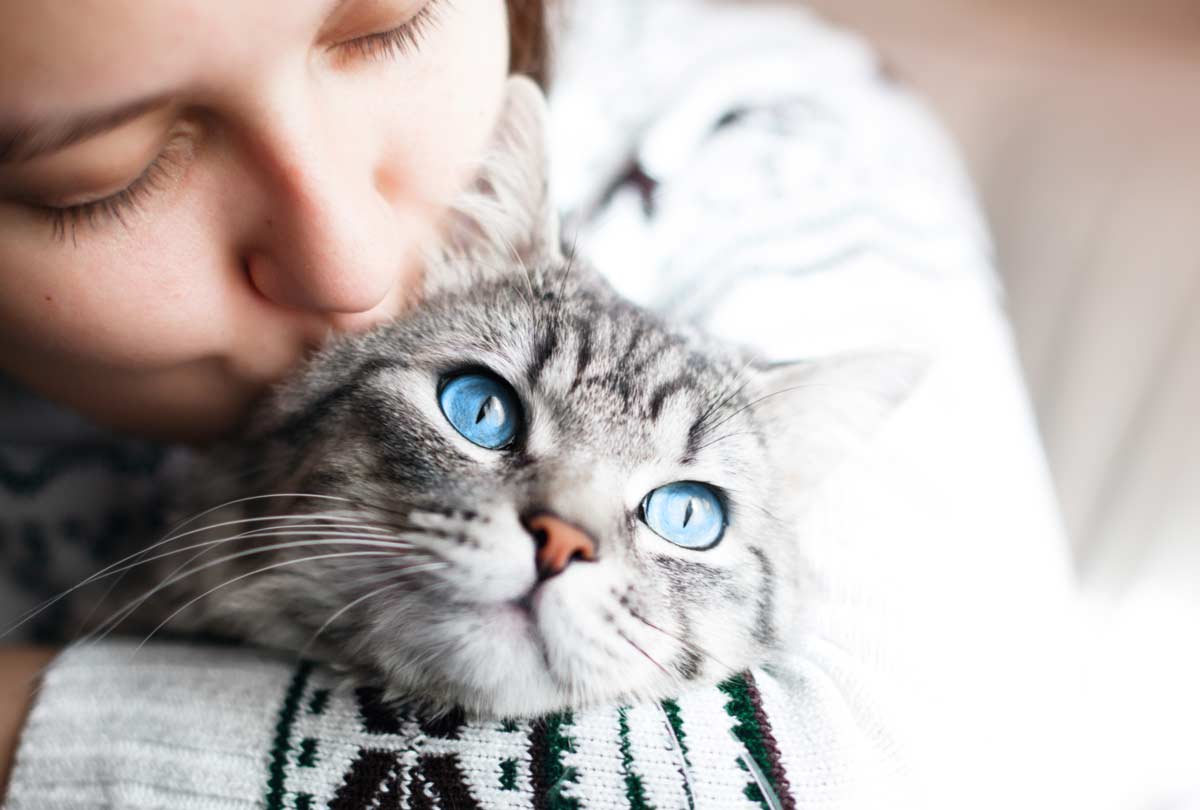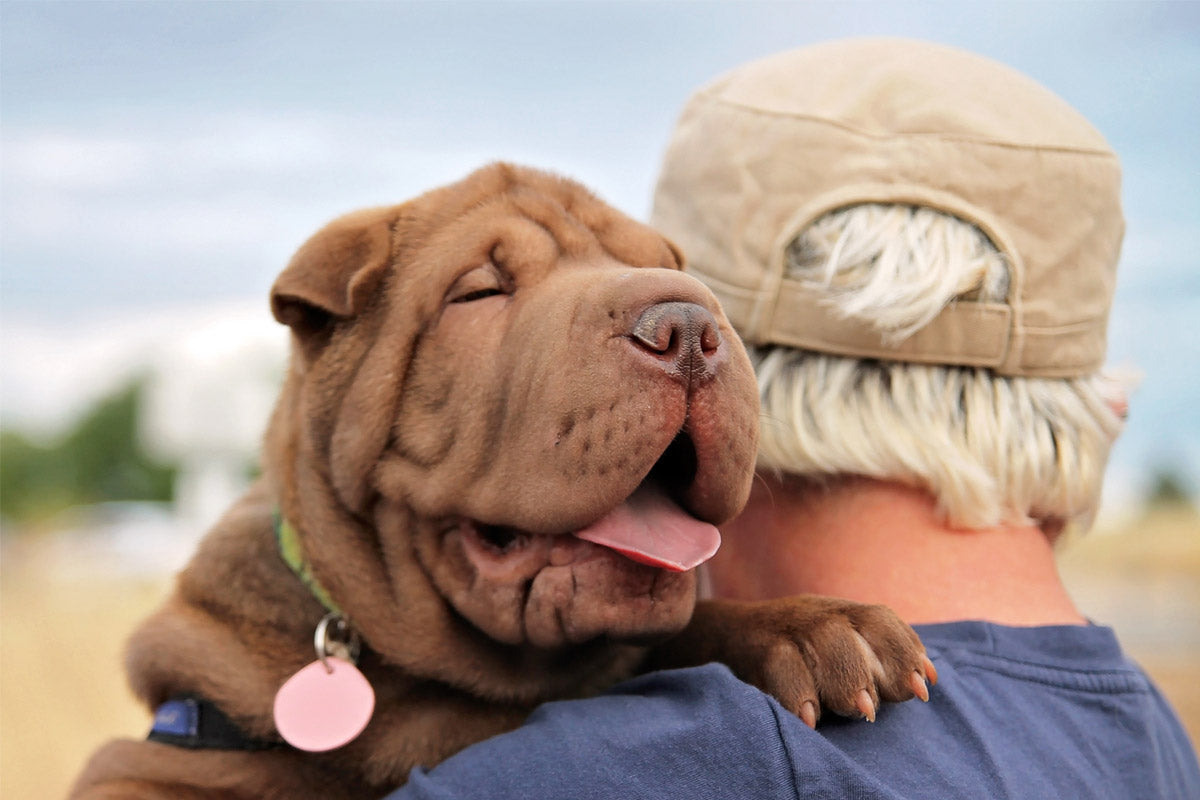They say a dog is a man’s best friend. But what do you do when your much-loved dog has bad breath? This may cause a strain to your relationship, not to mention lead to more serious problems if left untreated.
Bad breath is caused by odor-producing bacteria found inside the dog’s mouth. It is said that smaller dogs are more prone to tartar and plaque which leads an owner to say the dreaded “HELP, MY DOG HAS BAD BREATH!” words. This may indicate that there is a dental or gum disease present. Most people think that bad breath only thrive inside the mouth but this kind of bacteria may be found in the lungs or gut as well. Serious cases may mean that there is something wrong with the gastrointestinal tract, liver or other organs.
When a dog has bad breath the first step in combating the problem is better dental care. Brush your dog’s teeth frequently and make sure that you are using toothpaste especially formulated for dogs. Toothpaste for humans may be harmful to your furry friends. There are many chew toys and treats available on the market today that are designed to improve the odor when a dog has bad breath. These products also help in achieving better dental care by cleaning the teeth by the process of chewing. Another great thing to try for when the dog has bad breath, is to have his teeth cleaned professionally.
The best thing to do when your dog has bad breath is to visit the veterinarian. He is still the best person who can tell you the cause of this problem. When a dog has bad breath it can be an indication of a more serious ailments. A liver problem’s symptoms may be foul breath, vomiting, and yellowish gums. Breath that is fruity or sweet may be an indication that your dog has DIABETES. A prompt consultation with a veterinarian is always a good thing to do. Specific medications and measures will be done once more serious problems are found. If there’s none, you may be asked to change your dog’s diet. You can also ask for his opinion as to what kind of products would be perfect for your pet.
Make it a habit to visit the veterinarian regularly so that you can keep track of any changes to your dog’s oral health condition. And eliminate the sentence “Help, my dog has bad breath!” from your vocabulary.



